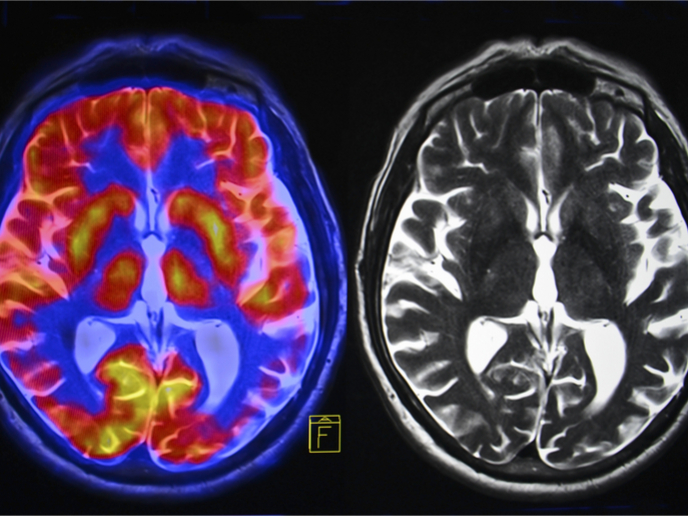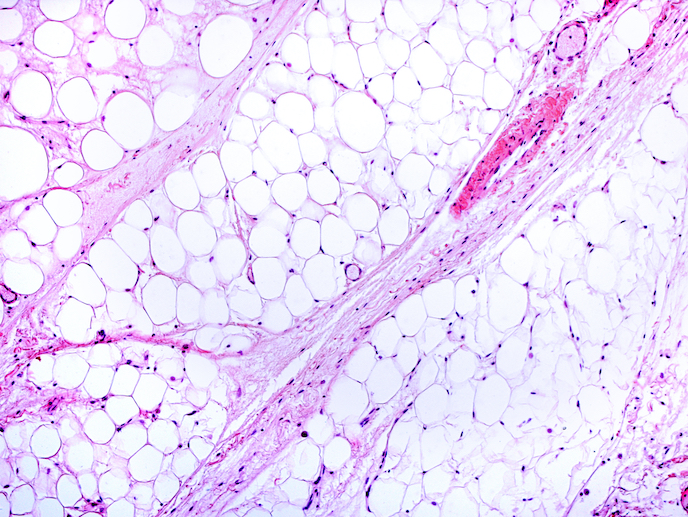Concept processing in the brain
Recent studies have shown that brain structures involved in motor functions such as action planning and execution are also involved in higher-level cognitive tasks. The EU-funded project 'Conceptual processes with and without sensorimotor experience: What is gained and what is missed?' (ACTICO) worked on understanding how the brain processes words to represent actions and objects. Scientists combined functional magnetic resonance imaging (fMRI), non-invasive transcranial magnetic stimulation (TMS) and behavioural methodologies in healthy human adults to understand higher cognition. Besides visualisation of brain structures during verb processing, this development should help scientists in developing a coherent neurobiological model of language semantics. Comprehensive reviews were undertaken to assess the current state of research on the connection between language-semantics processing in the brain and motor activity. The work led to two publications. Scientists found that the temporal cortex is involved in abstract computation of words during verb processing. The motor cortex helps differentiate between action and non-action verbs to understand language semantics. Suppressing temporal cortex activity hampered the ability of the motor cortex to respond to words. Behavioural studies on people with amyotrophic lateral sclerosis, a degenerative motor neurone disease, revealed no impairment of conceptual representation of action in the brain. However, they displayed a specific impairment in performing non-motor tasks that require processing of low-level features of an action. This suggests that inter-individual differences may exist in language-semantics processing. Experiments on infants aged 3-6 months who have not yet articulated speech sounds were conducted to assess their ability to differentiate between various speech sounds. Infants at 6 months could successfully categorise different sounds despite their inability to produce those sounds. ACTICO developed a new protocol that combines TMS and fMRI protocols to study functional connectivity in the brain during higher-level cognitive tasks. Besides functional studies to elucidate the network dynamics in the brain, project findings could be used to retrain people with brain injuries.







